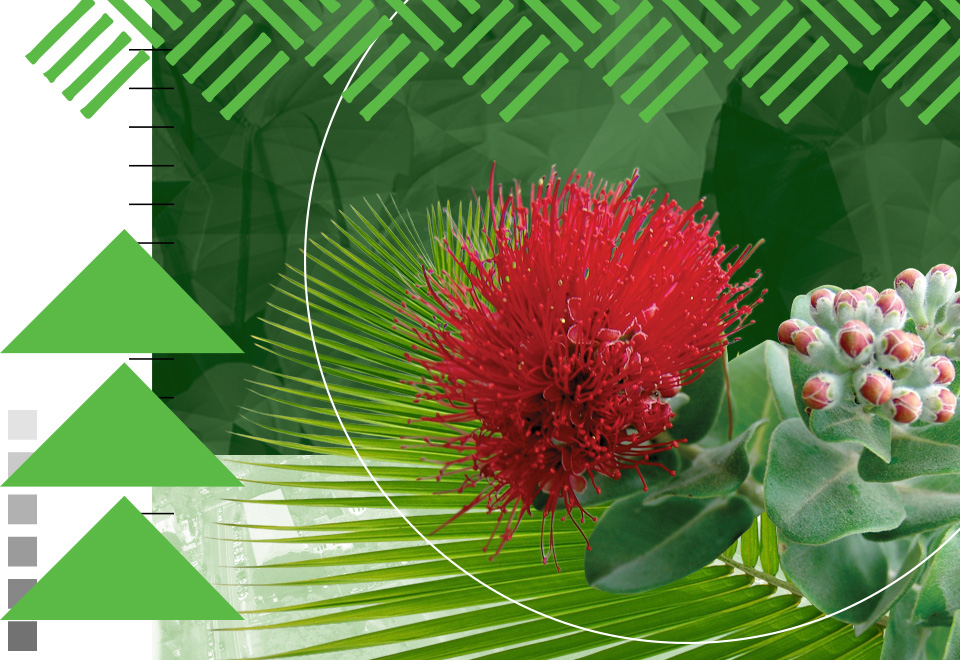In his final year at CRDG before his retirement (see p. x), Morris Lai continued and expanded his long-standing work to encourage and support the use of Hawaiian language and promote Hawaiian culture at the University of Hawai‘i and throughout the community.
Hawaiian has been a co-official language of the state of Hawai‘i (along with English) since 1978, and it is an official policy of the University of Hawai‘i that dissertations may be written in English or Hawaiian. There is also a small but growing cohort of faculty and students who are producing new academic work in Hawaiian. But, as Lai has pointed out, there is a paucity of faculty members able to read Hawaiian, and therefore, able to serve on dissertation committees or in other review roles. As someone who is able to make a contribution in this area, both through his language competence and with his expertise in research and writing, he feels a strong responsibility to do so. Lai has served on the committees of many Hawaiian students throughout his career, and has continued to contribute in a review capacity into his retirement in 2014. Examples include his current project reviewing Annette Ipo Wong’s upcoming book Mai Pukaiki Kula Maniania A Puuwai Aloha O Ka Ohana, written in Hawaiian only, which will be published by UH Press and his role as a reviewer of the first monograph to be published by the Kawaihuelani Center for Hawaiian Language, a center within the Hawai‘inuiākea School of Hawaiian Knowledge at the University of Hawai‘i at Mānoa, Ka Waihona a ke Aloha Monograph: E Mau ai ka Puana, edited by Robert Keawe Lopes, Jr.
Another project aimed at preserving and promoting Hawaiian history and culture that culminated in 2014 was the publication of a Makekau family genealogy and history that Lai, through CRDG, co-edited and helped to bring to publication. Like Reflections of Honor, this latest publication originated through a request to leverage the resources at CRDG, namely Lai’s expertise in written Hawaiian and English and CRDG’s publishing capacity, to capture a family history in a way that would make it accessible to future generations. Lai worked with Leialoha and Roland Perkins to produce the three hundred-plus page volume, On the Missing Mo’olelo of ‘Ohana Genealogies: The Makekau Clan, Vol. 1a-b. Following its publication this year by Kamalu’uluolele, copies were distributed to institutions including Harvard University, the Kamehameha Schools, the University of Washington, the Hawaiian Historical Society, The Kawananakoa Foundation, UHM’s Sinclair and Hamilton libraries, Bishop Museum, Hawaiʻi Public Library, Australian National University, the University of Auckland, the University of California at Berkeley, the University of Michigan at Ann Arbor, the James and Abigail Campbell Foundation, the Abigail K. Kawananakoa Foundation, and the COE/CRDG Hawaiian Library.
Lai’s further efforts to support the use of Hawaiian in the community included working with the Hula Preservation Society in their fundraising efforts to allow the future digitization of Francis Haar’s film highlighting hula legend ‘Iolani Luahine. On a personal note, Lai composed a lament chant for his mother upon her passing in 2013, which was published in 2014 in the Honolulu Star Advertiser’s Hawaiian language column, Kauakūkalahale.
